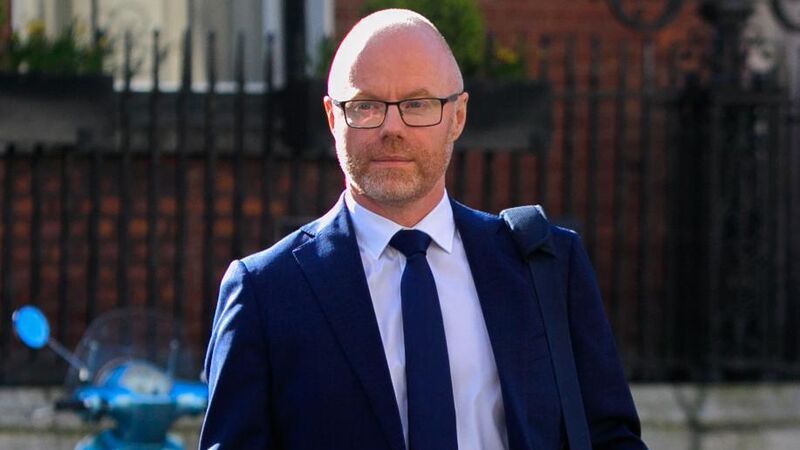Extending emergency powers without justification is simply the nanny state running wild

When in opposition, Stephen Donnelly described extraordinary measures as 'draconian' but has sought an indefinite extension of them in recent weeks. Photo: Gareth Chaney/Collins
‘Power is in tearing human minds to pieces and putting them together again in new shapes of your own choosing’ – George Orwell, 1984.
We’re such a pathetic lot. They keep insulting our intelligence and we keep accepting it. Perhaps it is our Catholic-dominated history, but it seems we are wired to subject ourselves to incredible limitations on our freedoms time and time again.












